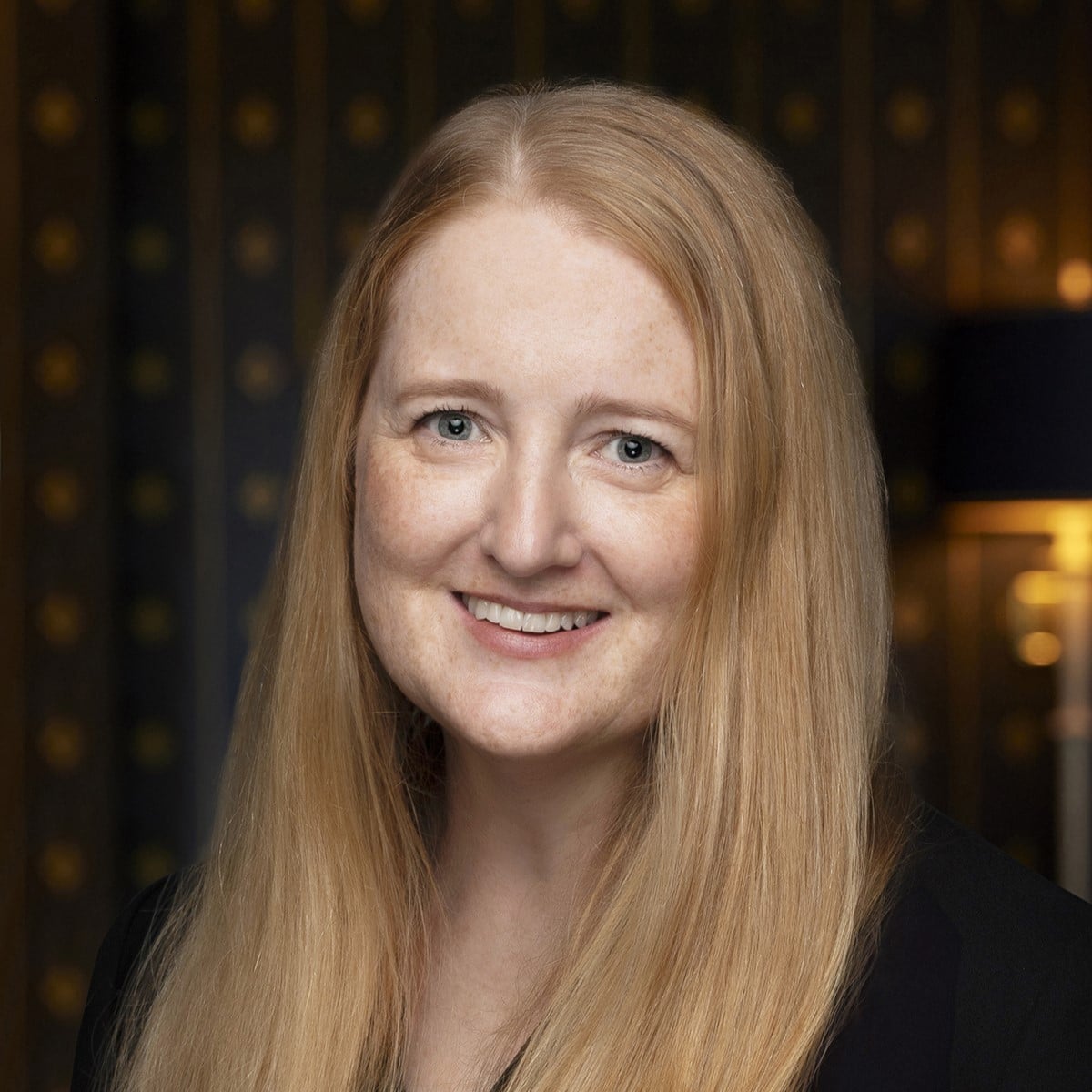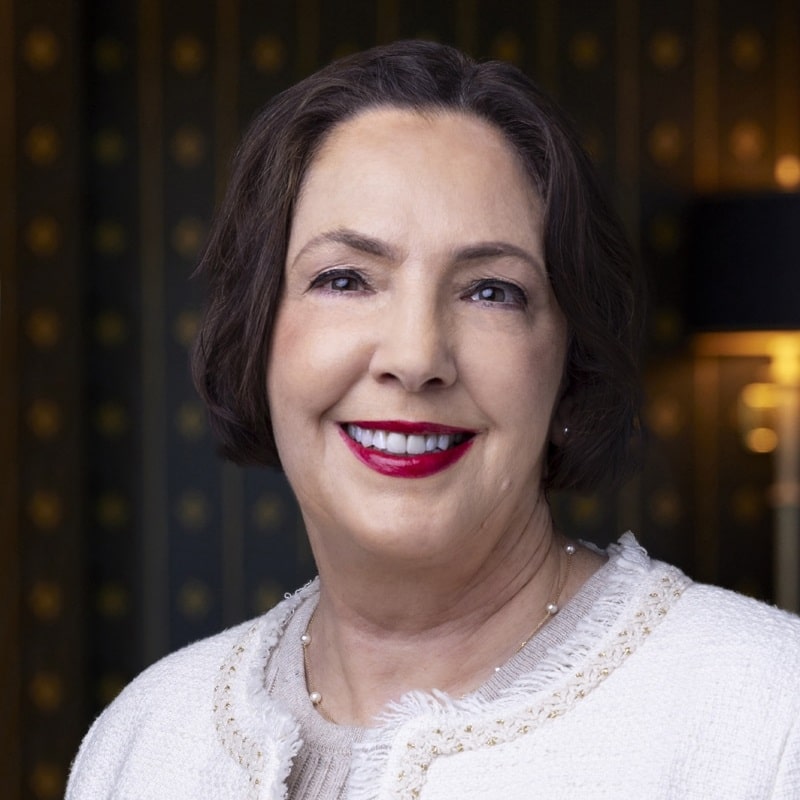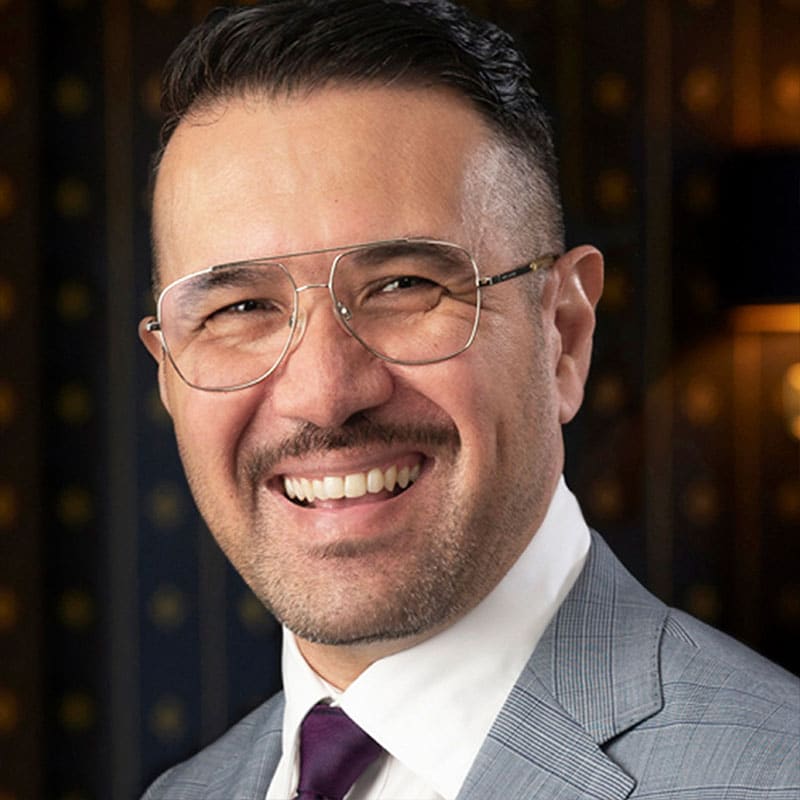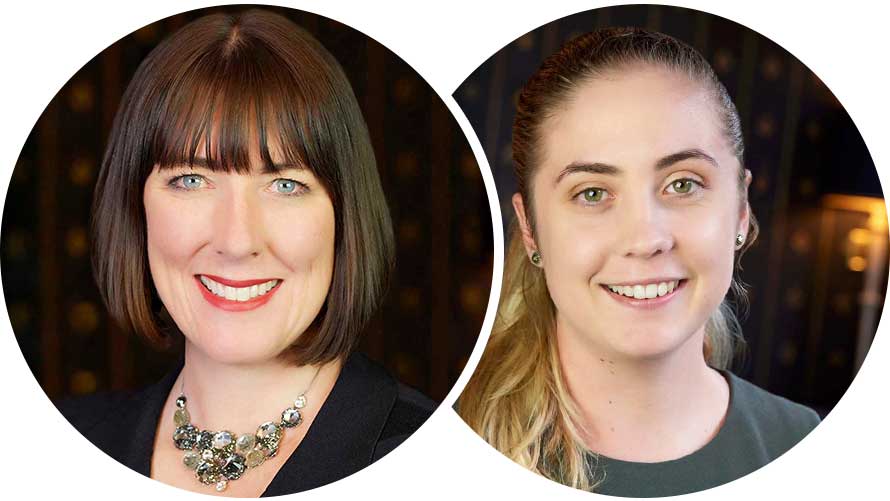On 5 April 2024, Samsung Bioepis announced the commencement of Phase 3 clinical trials for SB27, biosimilar to MSD’s Keytruda® (pembrolizumab) in patients with metastatic non-squamous non-small cell lung cancer (NCT06348199).
Biocad initiated phase 1 clinical trials for its pembrolizumab biosimilar BCD-201 in July 2022. Sandoz anticipates commencing phase 1 clinical trials for its pembrolizumab biosimilar in 2024. Formycon, Xbrane, and Celltrion have each previously announced their development of pembrolizumab biosimilars.






